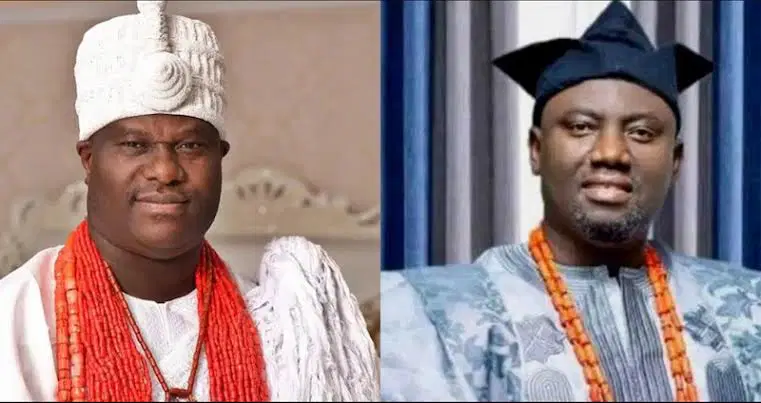Yoruba Boys and the Lingua Franca of Love: Is Language Preference Driving Dating Choices?
Lagos, Nigeria – A lighthearted yet persistent observation circulating online and offline amongst young Nigerians is sparking conversations about dating preferences within the Yoruba community. The claim? Some Yoruba men are choosing to date Yoruba women primarily to avoid speaking English, preferring to converse in their native Yoruba language.
While seemingly humorous on the surface, this notion touches upon deeper themes of cultural identity, language preservation, and the complexities of modern relationships in Nigeria. Social media platforms, particularly Twitter and Instagram, have become breeding grounds for anecdotal evidence and playful debates. Memes and jokes depicting Yoruba men strategically seeking out Yoruba girlfriends to circumvent English conversations have gained traction, resonating with many and sparking reactions ranging from amusement to critical analysis.
“It’s a joke, of course, but there’s a grain of truth in it,” laughs Adeola, a 25-year-old Yoruba woman based in Lagos. “You see it sometimes. There are guys who are just visibly more relaxed and expressive when they speak Yoruba. Maybe dating someone who understands that is just more comfortable for them.”
The sentiment isn’t solely based on anecdotal observation. Some argue that within the increasingly globalized Nigerian society, where English is often the language of commerce and formal interactions, preserving one’s native language at home and in intimate relationships takes on a heightened significance.
“Language is deeply intertwined with identity,” explains Dr. Olufemi Taiwo, a professor of Linguistics at the University of Ibadan. “For many Yoruba individuals, speaking Yoruba is not just about communication, it’s about connecting with their heritage, expressing nuances that might get lost in translation, and maintaining a sense of cultural authenticity.”
He adds, “It’s not far-fetched to imagine that some men might find comfort and ease in dating within their linguistic community. It removes the pressure to constantly code-switch or feel like they are performing an ‘English-speaking self’.”
However, critics of the “language-preference dating” theory are quick to point out its oversimplification of complex human emotions and motivations. “Attraction is multifaceted,” argues Tunde, a 28-year-old Yoruba man. “To reduce dating choices to just avoiding English is frankly absurd. I’ve dated women from different tribes, and language has never been the primary factor. Shared values, personality, connection – those are far more important.”
Indeed, many point to the vibrant tapestry of inter-tribal relationships in Nigeria as evidence against language being the sole driver. Furthermore, the insinuation that Yoruba men are solely seeking comfort at the expense of forming genuine connections could be seen as dismissive.
Yet, the conversation raises valid points about the role of language in modern Nigerian relationships. As Nigeria continues to navigate its diverse linguistic landscape, the preference for communicating in one’s mother tongue, especially in personal spaces, is a phenomenon worth acknowledging.
“It’s not about avoiding English entirely,” clarifies Yemisi, a language enthusiast and cultural commentator. “It’s about cherishing and prioritizing Yoruba. In a world where English often dominates, choosing to build intimate connections in your own language can be a powerful act of cultural affirmation and personal comfort.”
Ultimately, whether language preference is a significant factor in dating choices remains a topic of lighthearted debate and personal experience. However, the online chatter surrounding Yoruba men and their supposed linguistic dating strategies highlights the enduring importance of language, identity, and cultural connection in the romantic landscape of modern Nigeria. It prompts us to consider how, even in the age of globalization, the comforting familiarity of one’s mother tongue can play a subtle, yet significant, role in the choices we make, even in matters of the heart.




